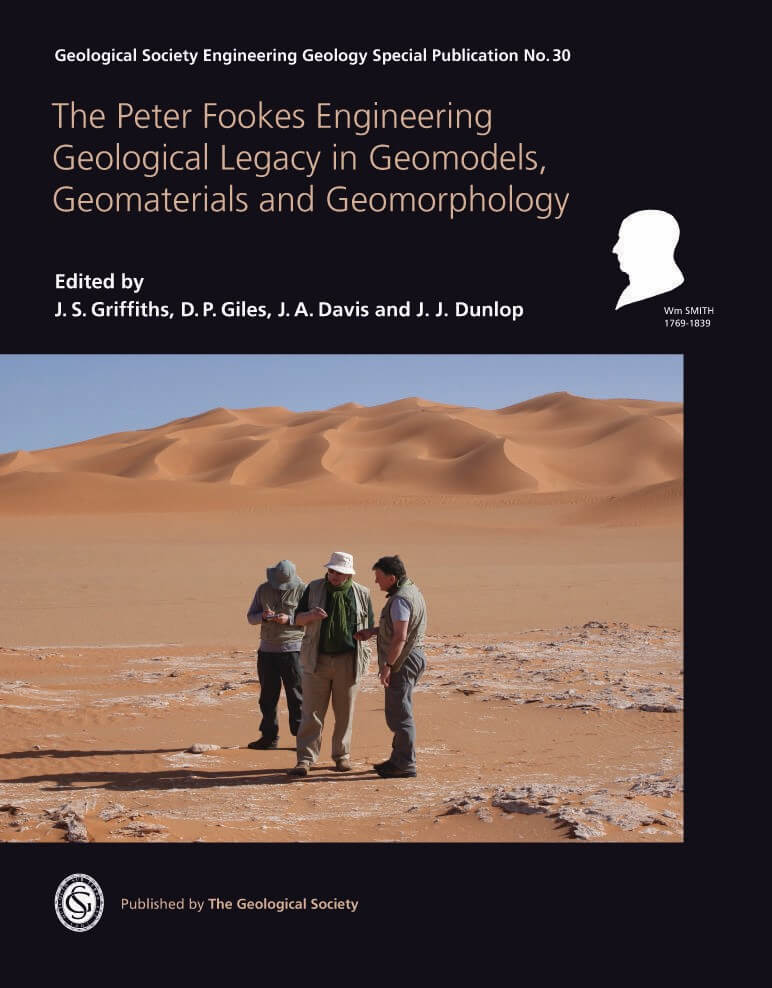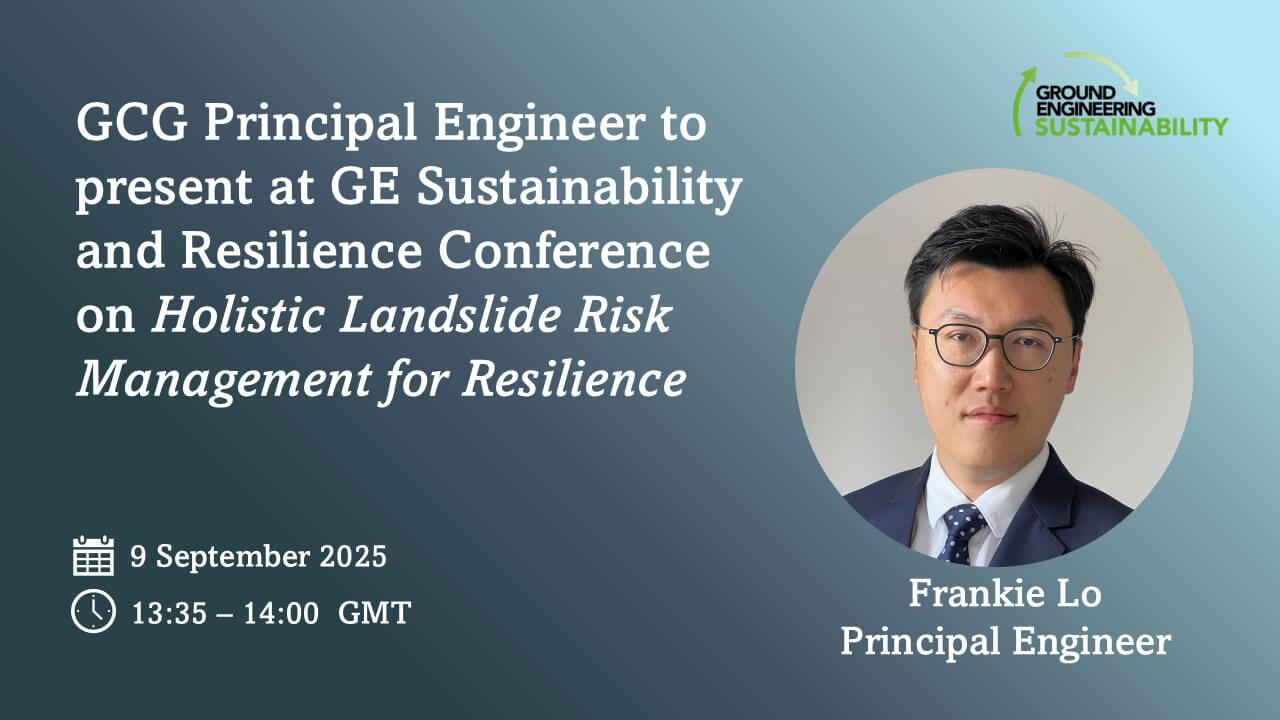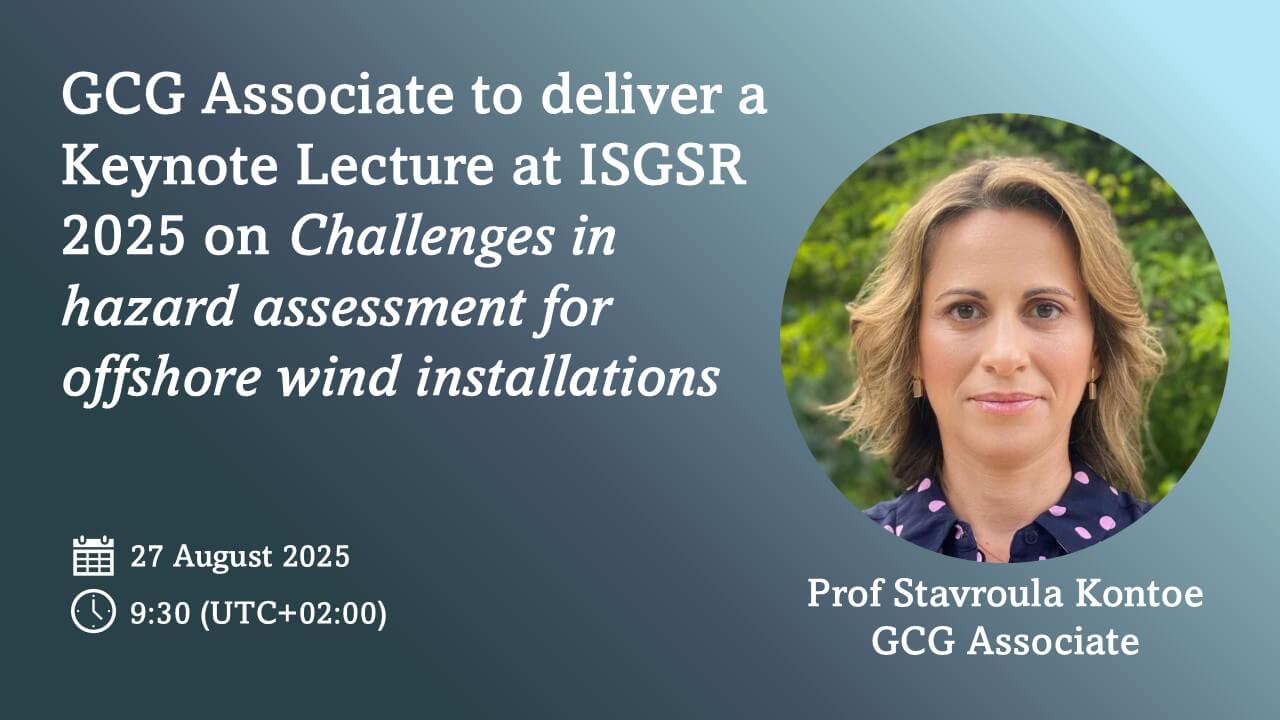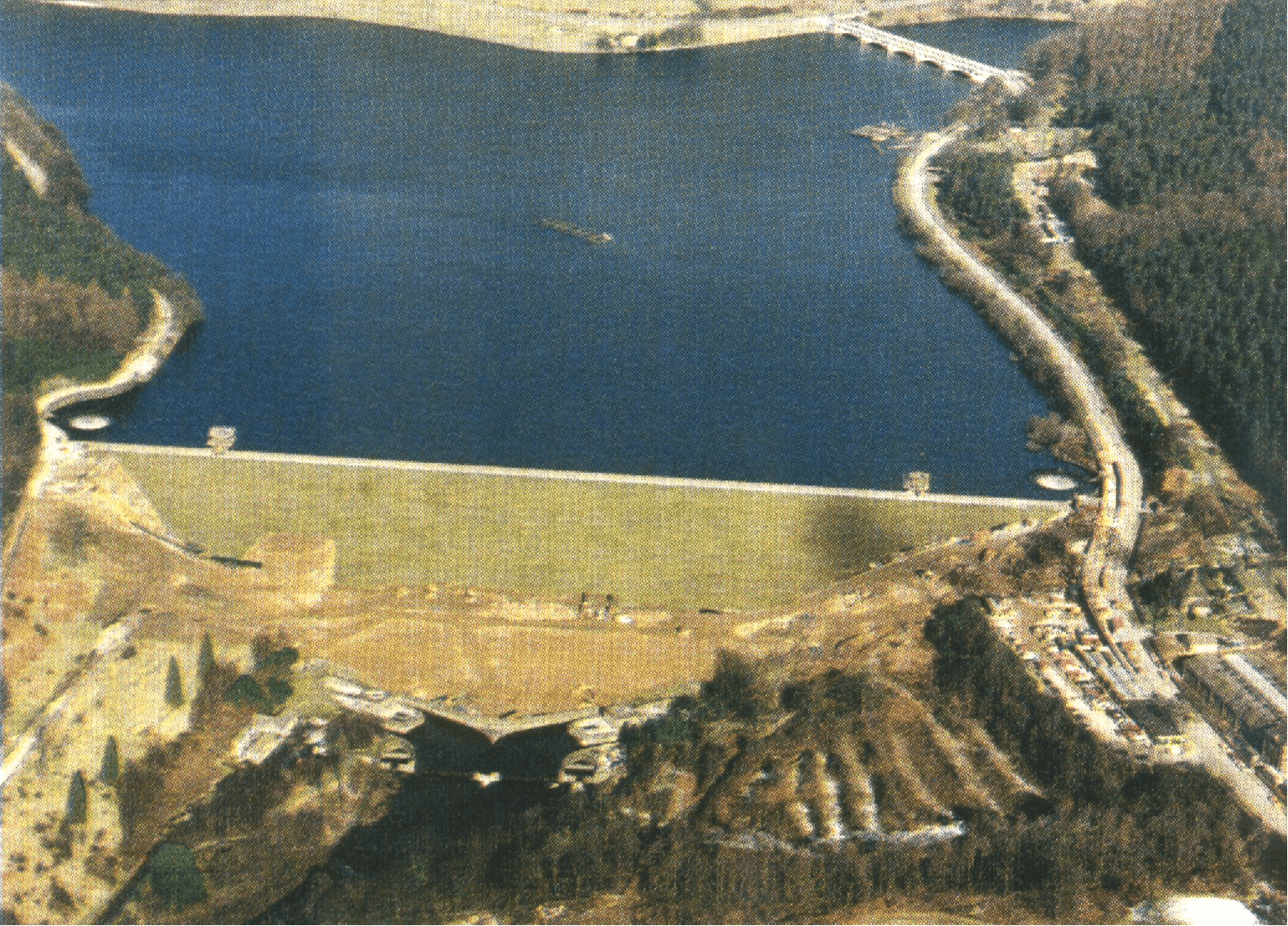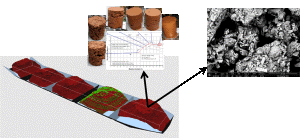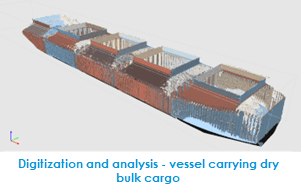The recent round table discussion, hosted by Nia Kajastie, Editor of Ground Engineering (GE) magazine, marked a crucial juncture for the UK’s ground engineering industry, with Geotechnical Consulting Group (GCG) playing a significant role. This gathering of industry experts set out to dissect the challenges and conceptualise the future of ground investigation (GI) procurement.
Historical Context and Ongoing Challenges
The discussion began with a look back at historical surveys conducted by prominent industry bodies, identifying GI procurement as a critical concern. This set the foundation for a thorough exploration of the current state and future direction of GI procurement.
Early discussions focussed on various contract mechanisms in GI procurement. Phil Smith, Associate Director at GCG, added depth to this discussion, highlighting the challenges faced by contractors when client specifications are unclear or inadequate. Phil’s role in the working group for the ‘Effective Procurement of Ground Investigation’ guide, brought an additional layer of expertise to the conversation.
The discussion identified a trend of clients increasingly relying on consultants for comprehensive procurement services, indicating a shift towards more integrated approaches but also introducing complexities in risk management. The panel universally acknowledged the value of Early Contractor Involvement (ECI), especially in major projects, underlining its importance as a strategic investment by clients.
During the discussion Phil Smith commented on the Crossrail project. He noted, “Crossrail was very much an informed client; it had its own team that had engineering geologists on it. It had a long-term procurement process because it was a long-term project, so it didn’t have the desperation to get data quickly. It set budgets early in the year, so we knew how much money we had to spend. Most ground investigations don’t go like that.” His observations highlighted the advantages of working with well-informed clients, and the benefits of a structured, long-term procurement approach. Smith’s experience with Crossrail, alongside his former-GCG colleague Kiki Semertzidou, provided a practical example of optimal GI procurement practices.
Formulating Future-Oriented Solutions
The roundtable resulted in a set of forward-thinking recommendations, advocating for detailed feedback on tenders, the need for GI procurement to be overseen by professionals with comprehensive risk understanding, and the importance of tailoring risk to specific projects. Early engagement of senior staff in projects, practical on-site experience for new professionals, and the significance of fair contracts and learning from past projects were also emphasised. Effective communication between all parties was identified as crucial for improving contract mechanisms and commercial terms.
Conclusion
This roundtable discussion not only shed light on the complexities of GI procurement but also laid the groundwork for transformative changes. Phil Smith’s input, particularly his reflections on the Crossrail project, underscored the need for more informed clients and well-planned procurement strategies in the industry. The ground engineering community, including GCG, eagerly anticipates the ‘Effective Procurement of Ground Investigation’ guide, which is expected to capture these insights and strategies, shaping a more streamlined and effective procurement framework in the UK’s ground engineering sector.
To read the full round table discussion, please visit (paywall): https://www.geplus.co.uk/features/round-table-progressing-ground-investigation-procurement-29-01-2024/



